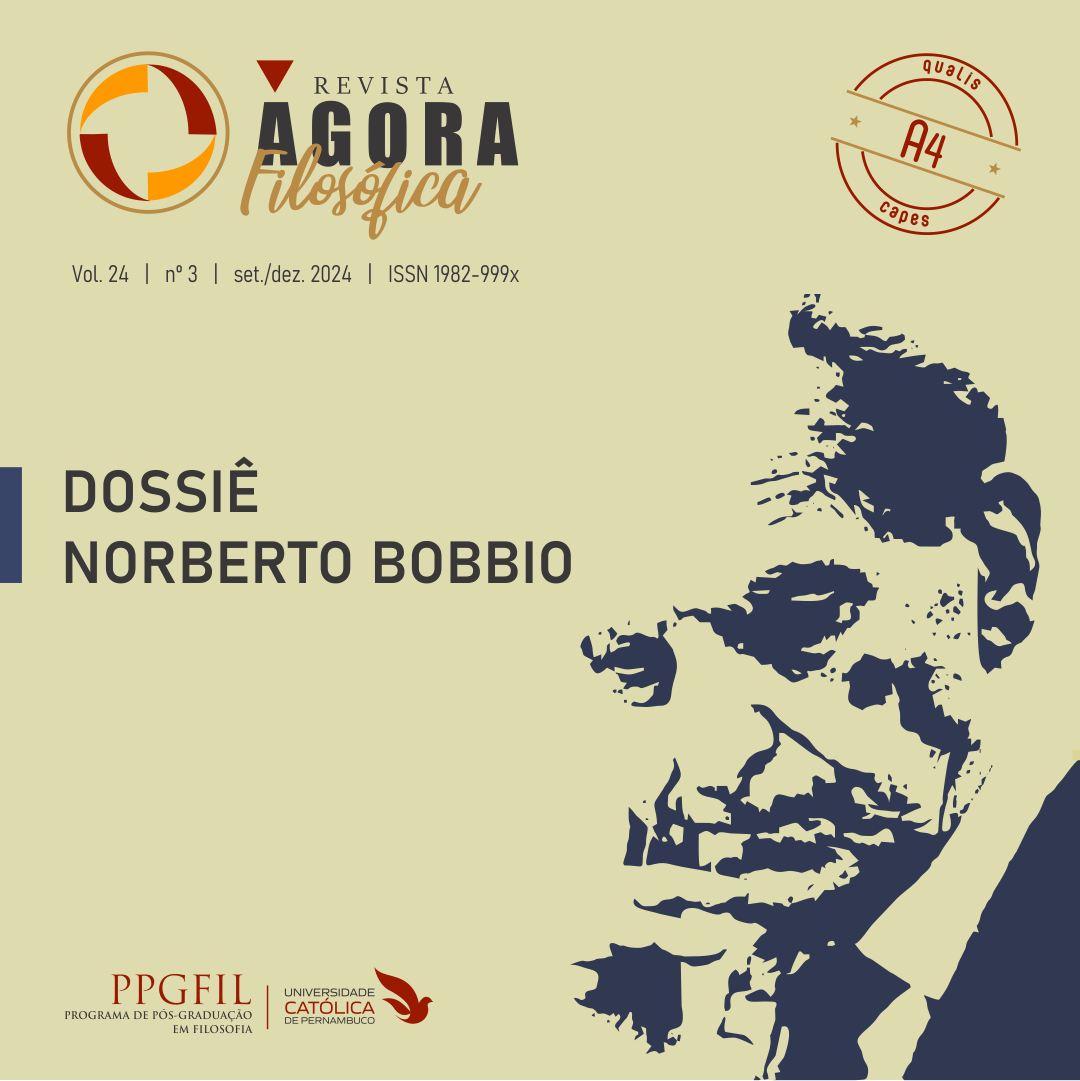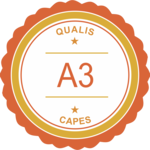Critical theory of technology: a reflection from Andrew Feenberg's contributions
DOI:
https://doi.org/10.25247/P1982-999X.2024.v24n3.p184-196Keywords:
digital technologies, theoretical axes, meanings, democratic conceptionAbstract
The objective of this article is to present ways of understanding technologies based on Andrew Feenberg's critical theory. From a methodological point of view, this is a bibliographic study that addresses the foundations of instrumentalism, determinism and substantivism, as well as the influences that contributed to the formulation of the critical theory of technology. It is concluded that technologies can be understood as neutral, inevitable, faithful to the rules of efficiency, autonomous and capable of incorporating substantial values. The critical theory of technology adds that they can be considered the result of the technical knowledge of the experts involved in the technological project added to the experiences of its users. The democratic conception of technology emerges from this understanding, as a way for users to influence the technological project, in order to represent different interests and different contexts.
Downloads
References
DUSEK, V. Filosofia da tecnologia. São Paulo: Loyola, 2009.
FEENBERG, Andrew. Questioning technology. London and New York: Routledge, 1999.
FEENBERG, Andrew. Tecnologia, modernidade e democracia. Lisboa: Inovatec, 2018.
FEENBERG, Andrew. Transforming technology: a critical theory revisited. New York: Oxford University Press, 2002.
MARCUSE, H. One-dimensional man: studies in the ideology of advanced industrial society. London and New York: Routledge & Kegan Paul, 1964.
NYE, D. E. Technology matters: questions to live with, Cambridge: The MIT Press, 2006.
SANTAELLA, L. Comunicação ubígua: repercussões na cultura e na educação. São Paulo: Paulus, 2014.
SELWYN, N. Education and technology: key issues and debates. New York: Continuum International Publishing Group, 2011b.
SELWYN, N. Um panorama dos estudos críticos em educação e tecnologias digitais. In: ROCHA, C. H.; EL KADRI, M. S; WINDLE, J. A. (org.). Diálogos sobre tecnologia educacional: educação, linguística, mobilidade e práticas translíngues. São Paulo: Pontes, 2017, p. 15-40. Disponível em: https://osf.io/preprints/socarxiv/5pu3x/. Acesso em: 10 set. 2018.
Downloads
Published
Issue
Section
License
Copyright (c) 2024 Luciana de Lima Dusi

This work is licensed under a Creative Commons Attribution 4.0 International License.
You are free to:
- Share — copy and redistribute the material in any medium or format for any purpose, even commercially.
- Adapt — remix, transform, and build upon the material for any purpose, even commercially.
- The licensor cannot revoke these freedoms as long as you follow the license terms.
Under the following terms:
- Attribution — You must give appropriate credit , provide a link to the license, and indicate if changes were made . You may do so in any reasonable manner, but not in any way that suggests the licensor endorses you or your use.
- No additional restrictions — You may not apply legal terms or technological measures that legally restrict others from doing anything the license permits.
Notices:
You do not have to comply with the license for elements of the material in the public domain or where your use is permitted by an applicable exception or limitation .
No warranties are given. The license may not give you all of the permissions necessary for your intended use. For example, other rights such as publicity, privacy, or moral rights may limit how you use the material.
















